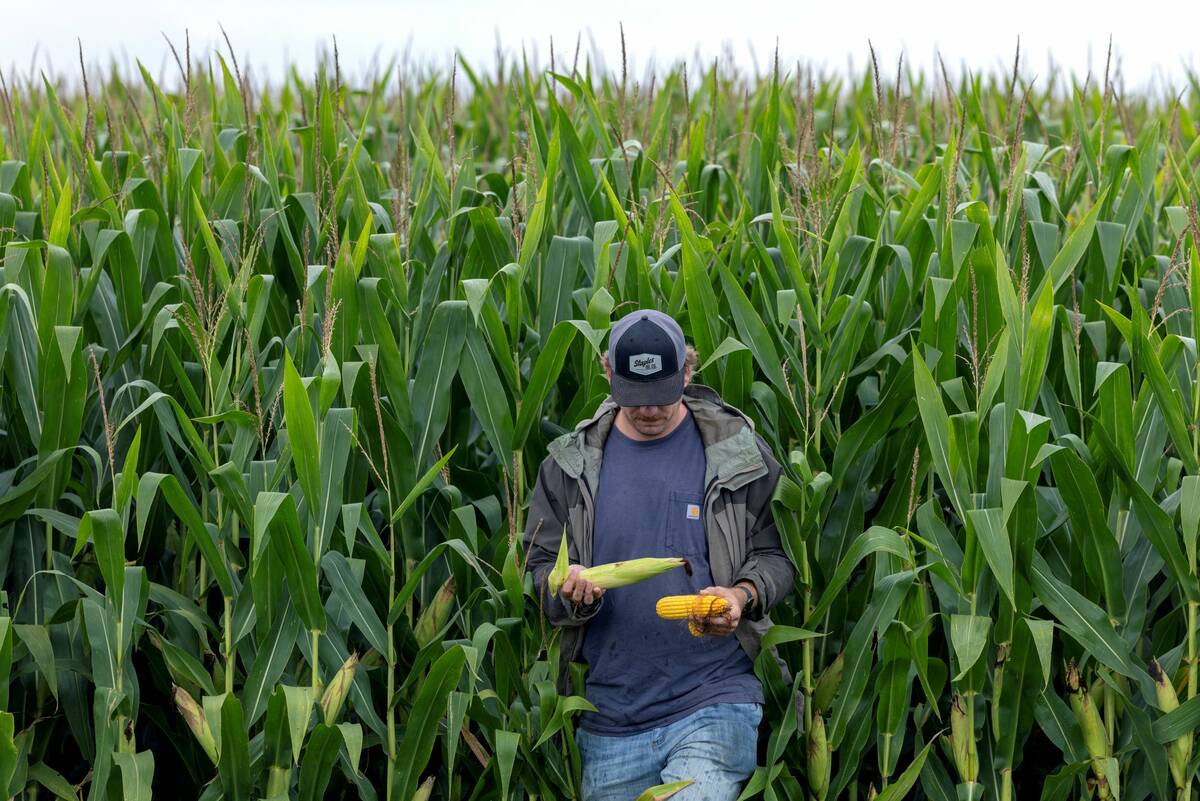(Resource News International) — There has been no agreement reached between Canada and Chinese government officials regarding China’s intention to implement phytosanitary certificates on all imported canola after Nov. 15, an official with the Canola Council of Canada said Monday.
“In a briefing from the Canadian delegation that is in China, we were told that no agreement has been reached,” said Debbie Belanger, a spokesperson for the Winnipeg-based Canola Council. “The Chinese officials also were not willing to extend the deadline to implement the restrictions.”
The Canadian delegation remains in China and will continue efforts to resolve the issue, she said.
Read Also

The U.S. corn crop could be the biggest ever. That’s terrible news for America’s farmers.
The USDA predicts a record corn crop for U.S. farmers, who question the agency’s accuracy amidst high debt and low crop prices.
“Canada over the past 10 years has shipped on average one million metric tons of canola to China without any problems regarding the blackleg disease,” Belanger said, adding that during the 2008-09 crop year 2.8 million tonnes of Canadian canola were exported to China without incident.
“These pending restrictions by China are unacceptable to the Canadian canola industry,” Belanger said.
Blackleg is a serious plant disease of canola that can result in significant yield loss in susceptible varieties. Caused by the fungus Leptosphaeria Maculans, it commonly occurs in canola-growing regions.
Blackleg is only a disease of some plants. It does not affect animals. Although blackleg does occur in China, the Chinese have indicated that they have non-virulent strains while Canada and Australia have virulent strains that could impact their rapeseed crop.
The Canadian Food Inspection Agency (CFIA) advised the Canadian grain trade that it received a notice from China on Oct. 20 that effective Nov. 15, a phytosanitary certificate is required for canola shipments to China certifying that the shipments are free from blackleg.
Nov. 15 is the date of shipment from Canada, not arrival in China.
The CFIA has indicated that it will not be able to issue a certificate, as blackleg is a common plant disease of canola, and that there is no agreed-to testing method.
Export sources have speculated that the new Chinese rules had more to do with scaling back canola purchases and were a trade barrier rather than a plant health issue.











